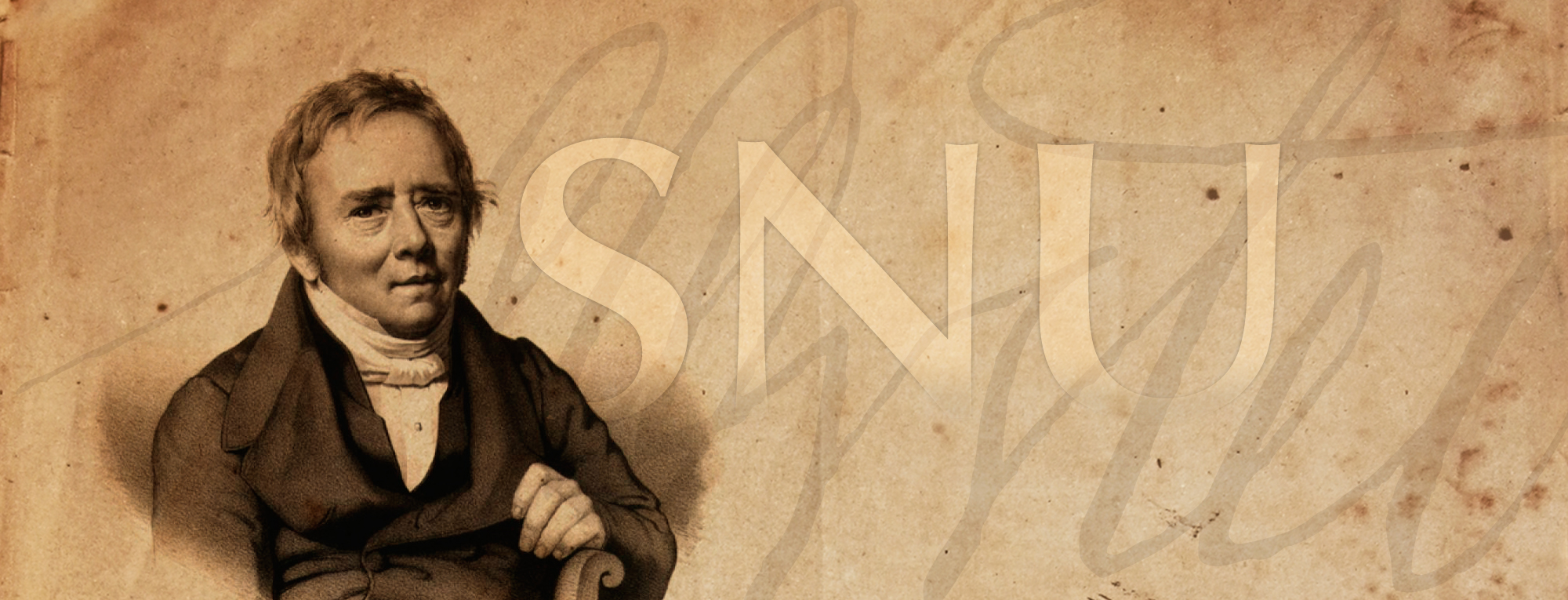“Copenhagen”—few city names evoke stronger associations among physicists. Niels Bohr’s Institute for Theoretical Physics opened its doors in 1921. It became a key context for the genesis and further elaboration of quantum mechanics. The city of Copenhagen also lent the most prominent interpretation of the theory its name. After Bohr’s 1922 Nobel Prize, physicists from all over the world flocked to the Institute. They were attracted by a unique confluence of factors that Werner Heisenberg in 1930 dubbed the “Copenhagen spirit.” In my talk, I will present a short history of twentieth-century physics in Copenhagen, discuss the reasons for the Institute’s successes both before and after World War II, and elaborate on the secrets of the “Copenhagen spirit.
Foredraget afholdes på engelsk / The lecture will be in English.
Efter foredraget uddeles H.C. Ørsted Medaljen til en inspirerende grundskolelærer.

